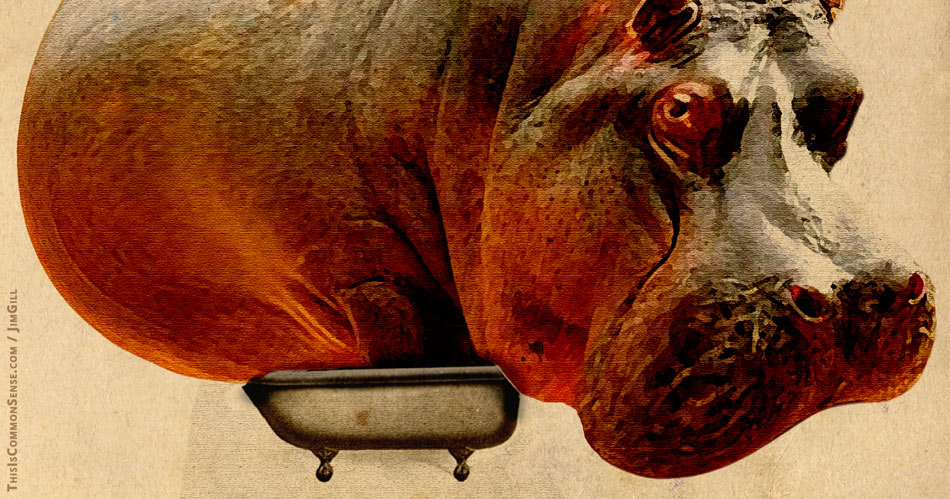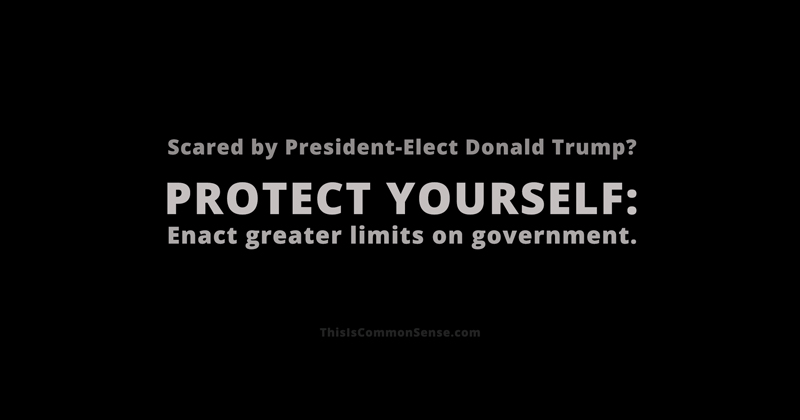When President Obama announced last week that he wants my daughter to register for the draft — as a symbol of the nation’s commitment to gender equality and a “ritual of adulthood” — believe me, I noticed.
Sure, the symbolism rings hollow, I wrote at Townhall. The president is on his way out and Congress just agreed on a defense authorization bill blocking any Christmas-time sign-up of women by the festive folks at Selective Service.
Still, President O’s symbolism is all wrong.
Free societies don’t require the involuntary service of men and/or women for their defense, much less celebrate conscription as a secular rite. Our All-Volunteer Force is the most effective military in the world. Its leaders neither need nor desire to swell its ranks with draftees — even if, heaven forbid, a major war bubbles forth from all the foreign conflicts and interventions in which we’re currently engaged.
As for the “it’s just registration” argument, and promises by politicians that they don’t support a draft. Well, it’s registration for the draft. Per politicians’ promises, I rest my case.
Yet, this comment at Townhall called me back into service: “Has this author been against draft registration for the last 30+ years or is it just because his little princess might have to register? If men have to do it, so should women.”
With slight edits, I replied: “I oppose the draft on principle . . . As Daniel Webster pointed out, government has no constitutional authorization to conscript citizens. The draft further violates the 13th Amendment. Conscription has been the hallmark of dictators and totalitarian regimes, not America. We’ve had a draft rarely in our history.
“In 1980, I refused to register for the draft when Jimmy Carter brought it back. Candidate Ronald Reagan said, ‘The draft or draft registration destroys the very values that our society is committed to defending,’ and pledged to end registration as president. But Reagan reversed himself and prosecuted 13 of us who had spoken out against the policy and refused to register. I served six months in a Federal Correctional Institution (without being corrected) — the longest of anyone post-Vietnam.
“Here are the reasons I resisted at the time (1985) and a more recent reflection (2010).
“My daughter will make her own decision, and I’ll be supportive. But it is a terrible policy that will diminish our military defense, while also violating . . . ‘the very values our society is committed to defending.’
This is Common Sense. I’m Paul Jacob.
* Today, Tuesday, Dec. 6, 2016, marks the 32rd anniversary of my arrest by the FBI for violating the Military Selective Service Act by refusing to sign a draft registration form.
Additional Information
Common Sense: Needless List
Townhall: Draft the Congress and Leave My Kid Alone (2003)
Townhall: Americans Gung-Ho to Draft Congress (2004)












